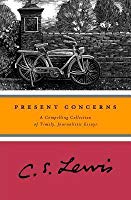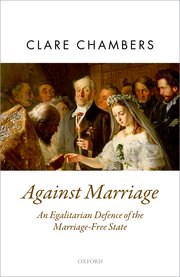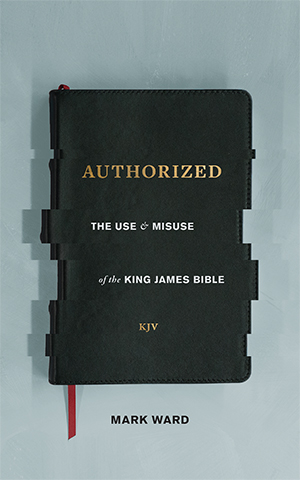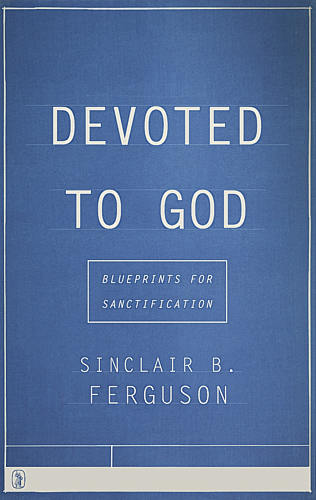The falls of the saints are recorded, not as warrants to encourage our wantonness, but as cautions to prevent and retard our precipices. 1. Wicked men love that in the saints, which the saints never loved in themselves, vices: and shall a man make their foil his jewel, their shame his glory? 2. Thou speakest of their sins, but not of their repentance. When Theodosius excused a foul fact, because David had done the like, St. Ambrose makes this answer; Thou that hast followed David in his exorbitance, follow him also in his repentance. Hath thy mouth denied with Peter, let thine eyes weep with Peter.
Thomas Adams, An Exposition upon the Second Epistle General of St. Peter, ed. James Sherman (Edinburgh; London: James Nichol; James Nisbet & Co., 1862), 3.




